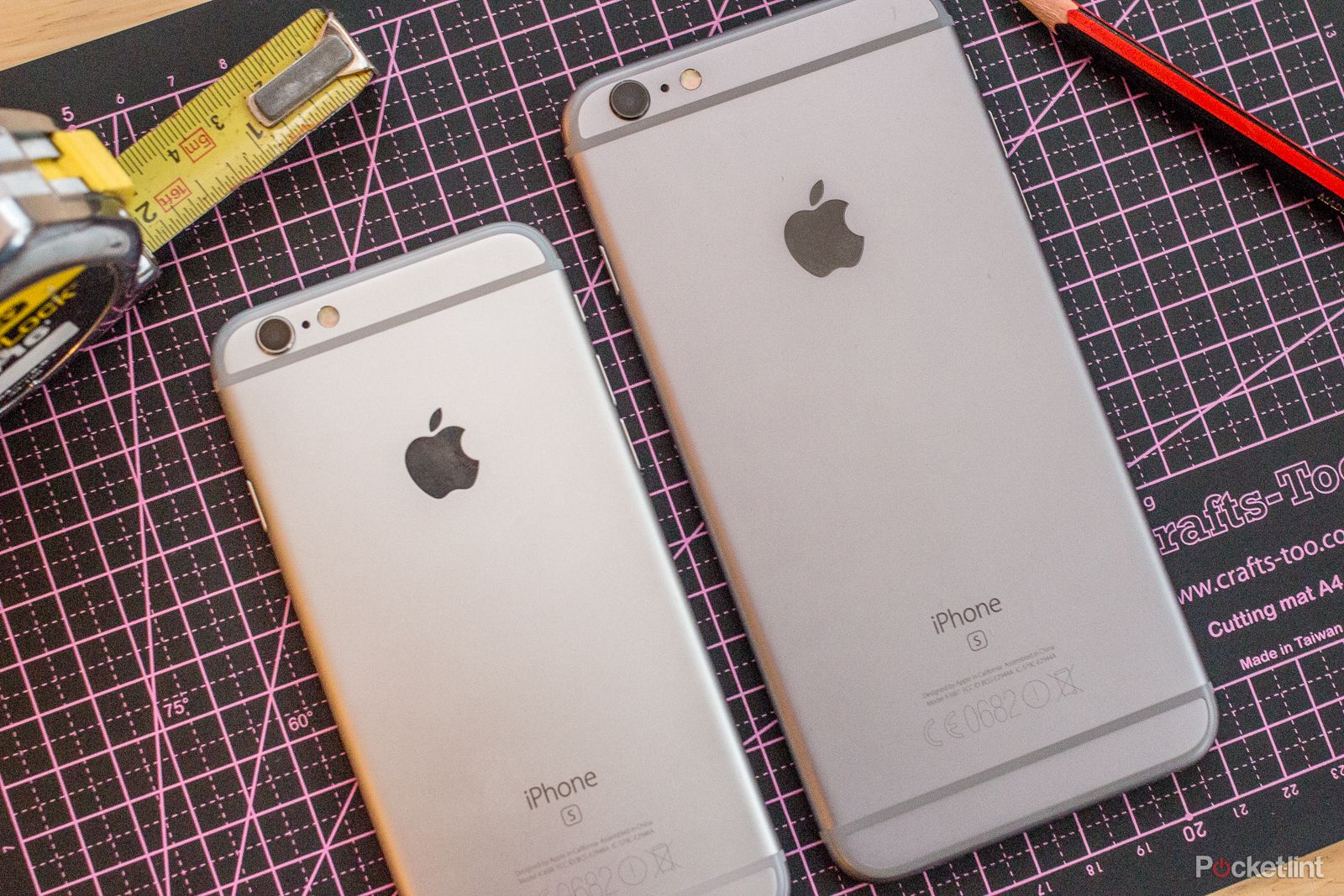Remember Bendgate?
Well, to refresh your memory, in 2014, users began to complain that their iPhone 6 devices - specifically, the iPhone 6 Plus - were bending with normal use. In a statement to Pocket-lint, Apple suggested the entire situation was overblown and not at all a legitimate concern that customers should worry about: "A total of nine customers have contacted Apple with a bent iPhone 6 Plus," it said at the time.
- iOS 12: All the features we hope Apple will announce at WWDC 2018
- Best smartphones available to buy today
- Upcoming phones: The future smartphones coming soon
Flash forward four years, and internal Apple documents, which Judge Lucy Koh released as part of an ongoing lawsuit against Apple involving the bending issue, have revealed that Apple were well aware that the iPhone 6 and 6 Plus phones were more likely to bend than previous models. According to the court documents via Motherboard, Apple conducted tests on the phones and their ability to bend.
The company's internal tests showed that the iPhone 6 was 3.3 times more likely to bend than the iPhone 5S, while the iPhone 6 Plus was 7.2 times more likely to bend. Yet, when a controversy - dubbed Bendgate - later emerged over the issue, Apple dismissed it as extremely rare and went on to describe how both iPhone 6 devices were designed, engineered, and made to be both "beautiful and sturdy".
Now, remember, this bending issue later escalated when iPhone 6 units suffered from “touch disease,” which is when the touchscreen would fail due to what some assumed was physical damage from bending. Apple said it only happened when the iPhones were “dropped multiple times on a hard surface". But, as Judge Koh found, Apple later made internal changes to the iPhone 6 and iPhone 6 Plus.
For instance, it added more epoxy to strengthen the phone, and yet, Apple has yet to acknowledge the iPhone 6 had bending issues.


